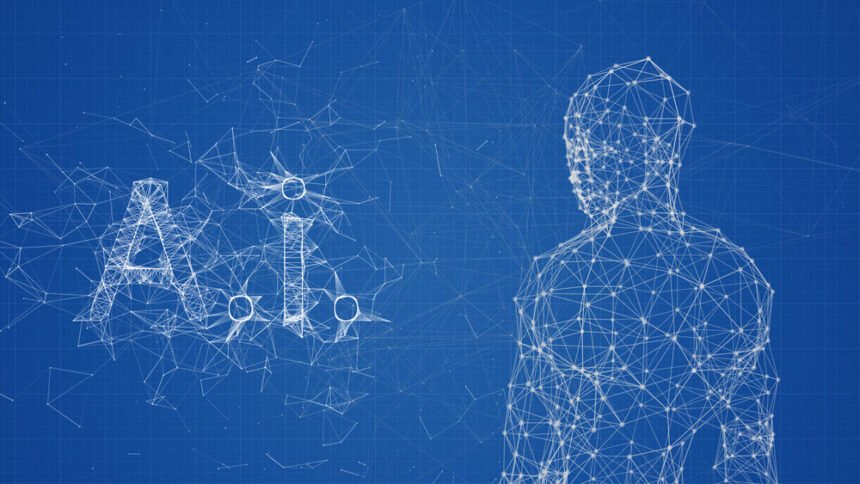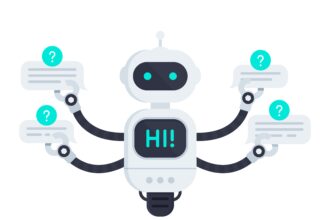Technology has changed the game in nearly all industries over the last 20 years, shifting the focus away from traditional methods of getting things done. With the help of advanced software, hardware, and an ever-connected world through the Internet, companies of all shapes and sizes have been forced to implement fresh ideas and follow or create innovative ways of doing business. The most heavily impacted sectors include financial services, transportation, and e-commerce, but healthcare is starting to experience the disruption of technology thanks in part to artificial intelligence. The change could not have come at a more pressing time for some of the worldâs largest health organisations, including the U.K.’s NHS (National Health Service).
A quick search of NHS online produces hundreds of thousands of opinion pieces and research pointing to its struggle over the last decade in keeping up with demand from a growing patient population in the UK. Stress has been squarely placed on the financial arm of the institution, giving way to less than top-notch care and reduced availability of essential and non-essential healthcare services. However, a recent report highlights the potential for NHS to experience a much-needed turnaround with a helping hand from artificial intelligence. This subset of the broader technology world is currently being tested and implemented in several areas of healthcare that have the potential to shift crucial components of NHS. Hereâs what AI in healthcare could mean for the organisation in the future.
Opportunities with AI in NHS
has been taking over the technology arena for some time, mainly because it allows several components of tech to come together seamlessly. The promise of AI lies in its ability to create more efficient processes based on numerous external and internal factors, without the assistance of a human operator. Easing the complexity of certain tasks, particularly in the healthcare sector, can free up the already burdened time and energy of healthcare providers, staff, and most importantly, patients.
The NHS has experienced substantial outside pressure in the new era of healthcare. A higher number of patients utilising services every year combined with an aging population has meant increased costs. However, the government has consistently put restrictions on the budget reach for the institution, creating situations where hospitals and clinics are short-staffed and overworked. A team of experts in medical malpractice claims warns that continuing under these circumstances has the potential to negatively impact patient care. This can be seen in increased wait times for diagnostic testing and treatment plan initiation, as well as tightened accessibility of services in some UK communities. AI offers the following solutions for these common challenges:
- Evaluation of ongoing health of patients through wearables, with artificial intelligence used to both gather and interpret data over time
- Offering access to more up-to-date research through natural language processing solutions, powered by AI
- Using AI-infused devices to improve and speed up diagnostic testing for both critical and mild health conditions
- Reducing the risk of medical issues with serious long-term implications by identifying warning signs earlier in the care process
Above and beyond these potential AI solutions, the new wave of technology in healthcare also offers hope in the realm of self-care and well-being among patients. The management of chronic diseases takes time and effort on the part of staff, GPs, and specialists within NHS, but giving patients back some ownership in their own health and management of treatment through AI devices and monitoring systems eases this burden significantly. The ultimate outcome for artificial intelligence in healthcare is improved patient experience throughout NHS, which eventually allows for a reduction in budget pressures across the board.
Overcoming the Obstacles
While the promise of artificial intelligence in healthcare is being more widely embraced among providers and patient advocates, patients themselves present a barrier to entry in the market. Artificial intelligence solutions are able to provide powerful insight for a variety of needs, but to do this they require a vast amount of data. Healthcare information and the privacy surrounding it is a hot debate among proponent for and critics against AI. Unless there is some level of assurance that individual medical records and personal data is protected against a possible breach or misuse, individuals who rely on NHS for healthcare services may not be fully onboard with adding technology into the mix.
Additionally, the cost burden of creating a technology-heavy platform for healthcare delivery is not small. The budget for NHS services is also under a great deal of pressure, with more reductions proposed each year. Adding new technology like artificial intelligence as a staple in healthcare throughout the country will create a significant bill that cannot quickly be recouped. However, researchers tout that a savings of £12.5bn is a reality once inefficiencies are corrected with better technology solutions. Overall, the obstacles NHS faces in changing the landscape of healthcare through the introduction of AI must be recognised and overcome before a true shift can take place.











